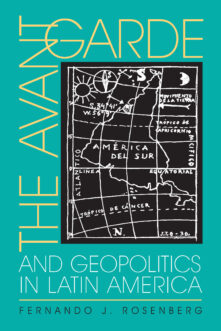Literary Criticism / Caribbean & Latin American
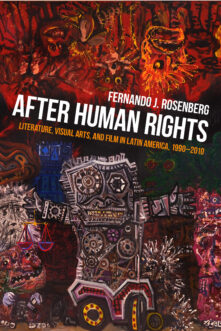

After Human Rights
Literature, Visual Arts, and Film in Latin America, 1990-2010
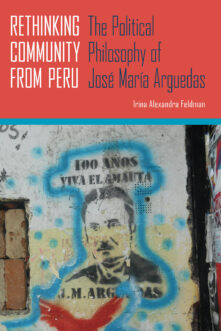

Rethinking Community from Peru
The Political Philosophy of José María Arguedas
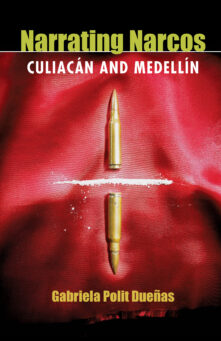

Narrating Narcos
Culiacán and Medellín
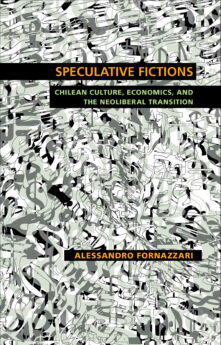

Speculative Fictions
Chilean Culture, Economics, and the Neoliberal Transition
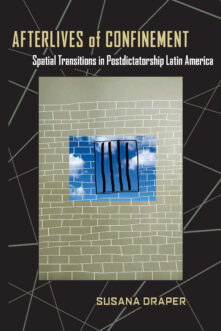

Afterlives of Confinement
Spatial Transitions in Postdictatorship Latin America
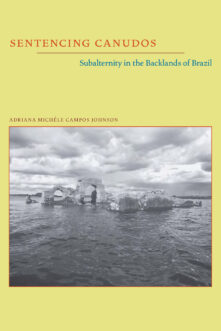

Sentencing Canudos
Subalternity in the Backlands of Brazil
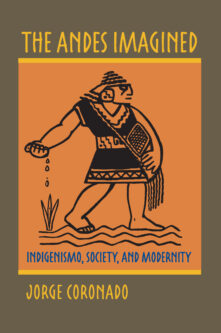

The Andes Imagined
Indigenismo, Society, and Modernity
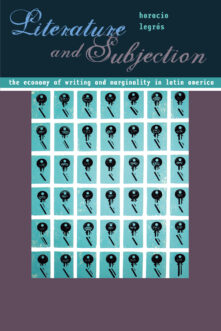

Literature and Subjection
The Economy of Writing and Marginality in Latin America
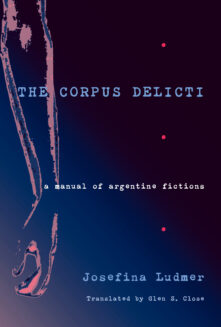

The Corpus Delicti
A Manual of Argentine Fictions
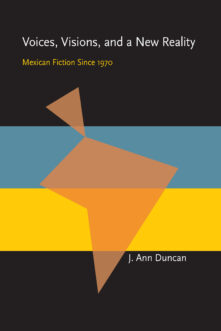

Voices, Visions, and a New Reality
Mexican Fiction Since 1970
Total 41 results found.


